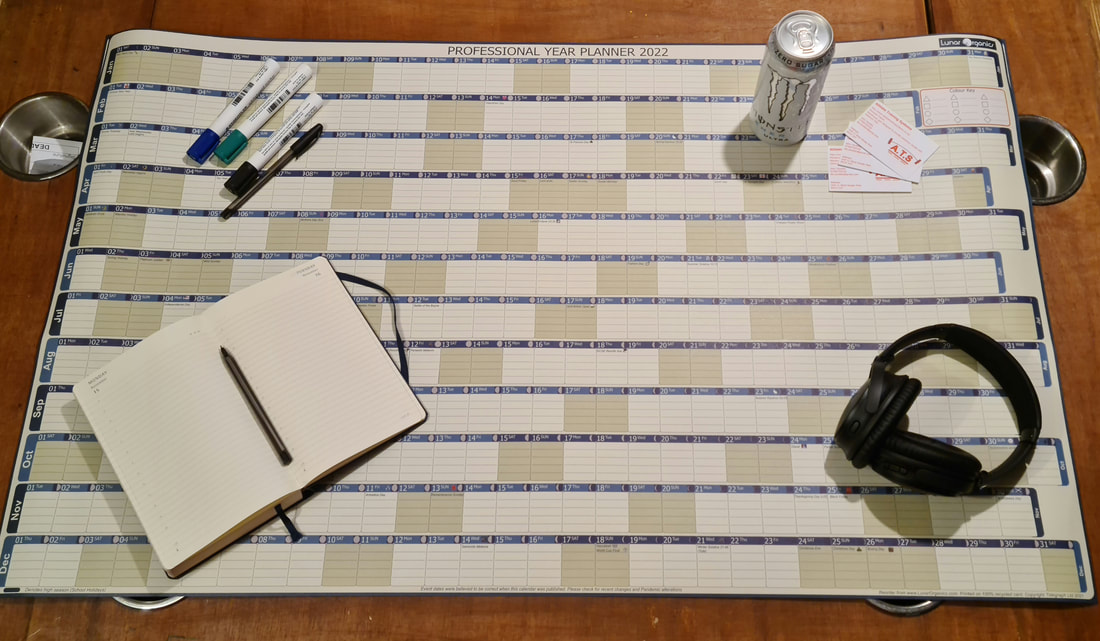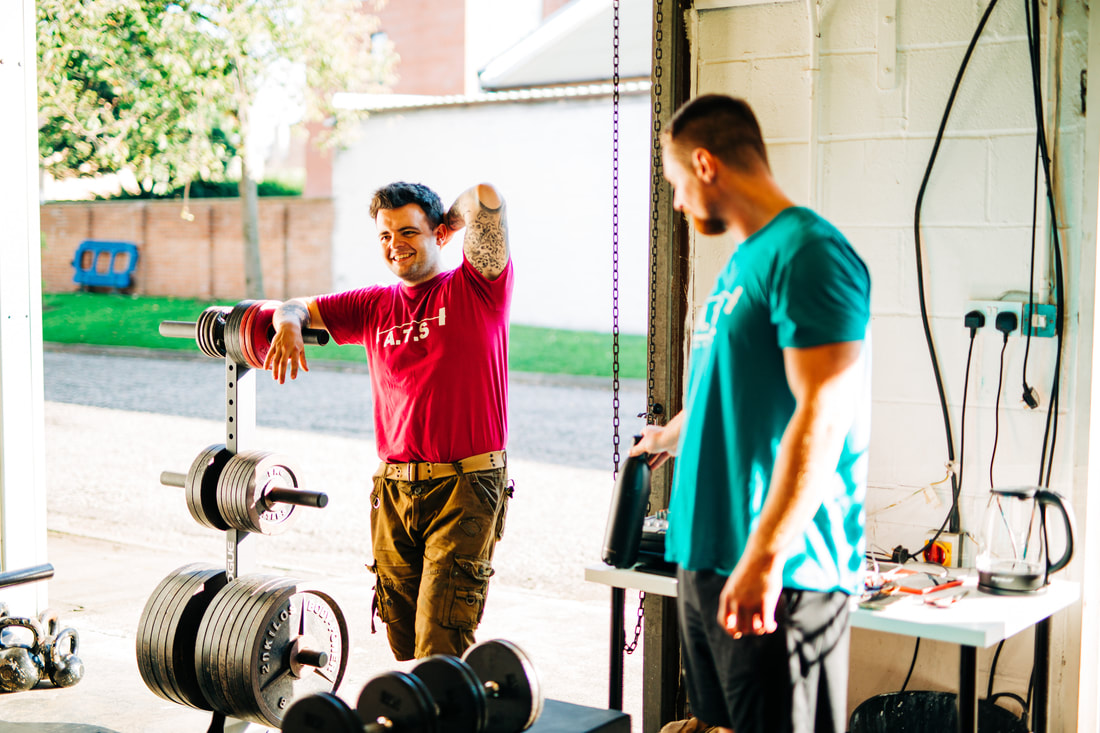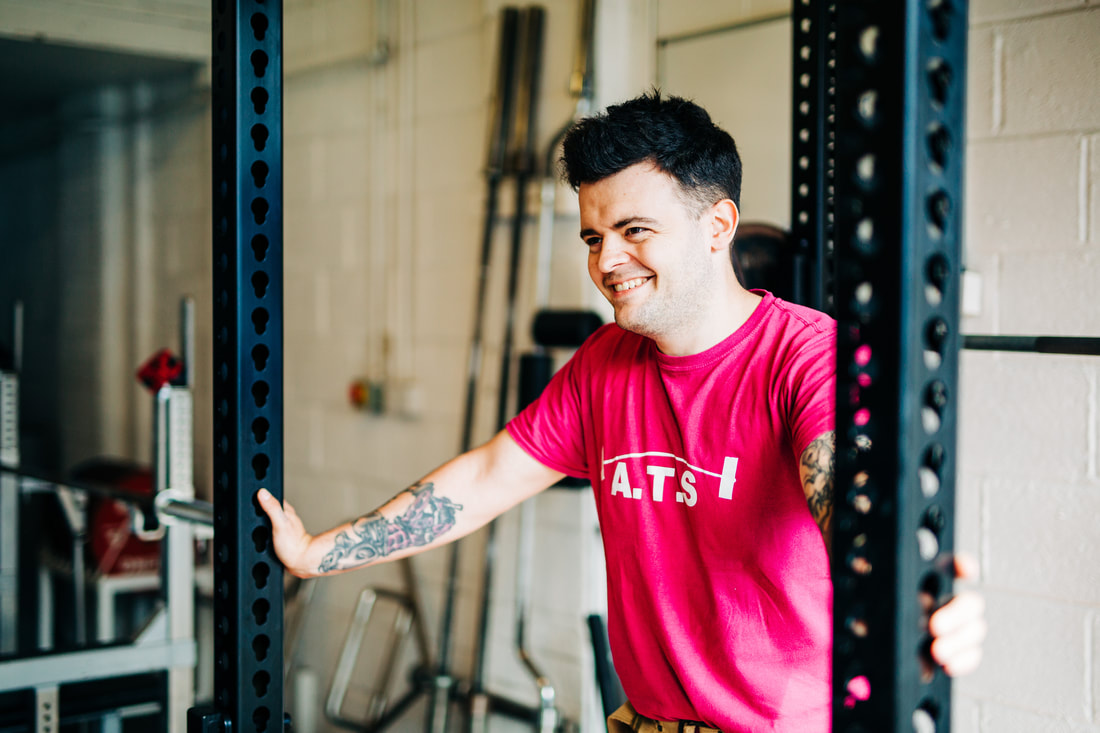|
Just like the pillars that hold up the great Parthenon in Greece, a set of core principles underpinning your performance is nothing new. Neither are the set I'm about to cover. Image: https://www.britannica.com/topic/Parthenon However, they are the first set that are transferable in their application. You could apply these to your training, your university work, your business, and they all hold up pretty well. Whether that makes them practical, or starsign levels of vague I’ll let you decide. As is tradition, here’s the takeaway right at the start.
Now that’s out of the way it’s time to deep dive into each of the pillars and how they could be applied to training, and one other example for each. I’ll try to keep the alternatives varied, but as this is a training/exercise based blog, I’ll also be including some practical takeaway exercises/drills for each of them. preparationFirst up we have preparation. This is the one most people know, and the one most people think of when things go wrong. Some people go as far as to think this is the only thing that supports performance, but I think it’s a bit more nuanced than that. Cast your mind back to school days - you do badly on a test/exam, what’s the first thing you think and everyone else says? ‘You didn’t revise enough!’ In sports you frequently hear about teams/athletes preparations going into a competition, however where most folks hit the snag is that more isn’t always better. If you didn’t hit your lifts in a competition and trained 3 times a week in the lead up to that competition, training 4 or 5 times a week from then on isn’t the solution. Mindless practice won't lead to anything, quality over quantity pays out so much more. How often in the school days did you just mindlessly read paragraphs about people leaving on trains at X time and someone else’s train arriving at Y ,and all of it just falls out of your head instantly? Were you just bad at physics? No, you probably just didn’t have the right preparation approach to fit you. So, what is the right preparation approach? Firstly consider specificity to the task - in lifting and sports it is whatever you’re looking to compete at. Consider the training style you use, how often you train, how progressive your training is. In our studying example, firstly consider that tests and exams are almost always about information retention i.e. your ability to regurgitate key phrases or points about a certain thing. Next thing is to list the things you are good at, and things that are bad at with regards to preparation. Then sit and consider why you are good at those things, and why you are bad at the other things. Do you miss certain sessions more often? Why is that? What can you do to not miss those sessions? AdaptationNext up is adaptation. Outside of the specific training context, what we’re talking about here is more broad. It’s more about how you adapt to things on the fly. Things will always come up that put a spanner in the works or hamper your plans. Work meetings run over and eat into your lunch break, or you forget your pre workout or knee sleeves, you’re moving house. You can’t prepare and plan for all of those things, they are going to happen, you just need to be able to deal with them when they do. You need to be like water, adapt to your surroundings. Photo by Tom Hosking One big practical tip I can give on how to do this, is to try your best to keep an open mind, and to keep an eye out for anytime you claim a negative identity or rule yourself out wholesale from doing something. A classic example a lot of us will be familiar with is ‘I’m bad at maths’. You likely aren’t actually bad at maths, and even if you aren’t confident in mental arithmetic you have a phone with a calculator, or even better access to the internet. Lots of people however put themselves in these boxes which makes them feel good because then they don’t have to try. The biggest part of learning to be adaptable is opening yourself up to the possibility of failure. To take it back to our training examples, if in our failure to prepare we forget our pre workout or knee sleeves if you immediately resign yourself to a bad session because ‘I can’t squat heavy without my knee sleeves’ or ‘I’m going to have bad session, I’m so tired without my pre workout’ then you need to catch yourself. These are not absolutes, you’re just trying to give yourself an out before you’ve even tried Think how many businesses had to adapt to the Covid-19 restrictions. I imagine plenty of people were saying things like ‘our service can’t work online’, ‘people won't buy our bagels/pizza/steaks just to cook it themselves’. Yet look how many brand new innovations came out from those adaptations? They adapted to the change in environment. communicationPhoto by Tom Hosking Thirdly we have communication. This is often overlooked, or at the very least under practiced in a training context, or any situation where you are attempting to learn or improve the emphasis is on you, the learner, to confirm understanding. I think we’ve all at some point experienced the fear of not wanting to appear stupid by not understanding something, so we just nod and say yes and carry on. The quickest way to learn stuff is to admit you don’t know stuff. Generally people in a position of teaching are there of their own free will, and usually because they actively like imparting information or skills. They know you’re there to learn stuff (because you’re there), so help them help you. People are usually more than happy to explain things differently or go over things or answer questions you might have, and even if you’re still cringing at the prospect of asking a question I have a one size fits all solution for you. If you’re ever struggling or want to make sure you understand what someone has just explained Just say something like ‘So, as I understand it you mean *repeat what they’ve just said*’. If you have misunderstood something about it this will help them clarify, and it also buys you some time to think about if you do fully understand it. Another big hurdle especially in the coach/athlete relationship that is challenging to communicate is that a lot of the time you’re trying to convey how things ‘feel’. How difficult did that set feel? Do you feel your lats when you do that? How fatigued do you feel in training this week out of 10? I personally find the more you communicate on any particular issue, the more refined your understanding and word choice regarding it becomes. mindsetLast up we have mindset, the established set of attitudes held by someone, in this case someone being you. What is in your mind when you set out to do a task, drastically alters how successful you are. I imagine a lot of you have experience with seemingly permanently negative people. If they behave similarly to the Dementors in Harry Potter and suck all joy and fun out of things, those are the people I’m talking about. You can’t recall when they last had fun, and having fun is important. These people have the wrong mindset - they’re focussed on the potential shortcomings of things, they don’t want to try new things because they’re unlikely to like them (based on nothing), they don’t want to try because they can’t win, so what’s the point of trying? To avoid ending up hired by Azkaban, try to keep your mind open and free of expectation, try to enjoy the doing of the task not the outcome. We’ve spoken before about process orientation and this is a huge part of keeping a positive or open mindset, this and not tying your identity to the outcome of any given task. Just because you fail at something doesn’t make you a failure. The big practical tip I have for improving mindset, especially in relation to tasks, is rather than think about possible outcomes (good or bad), think about how you could grow, what will the doing of this task give you? If you actively pursue growth and learning throughout your process you’ll almost certainly run into much more favourable results!
0 Comments
Leave a Reply. |
Archives
March 2024
Categories
All
|
Proudly powered by Weebly







 RSS Feed
RSS Feed